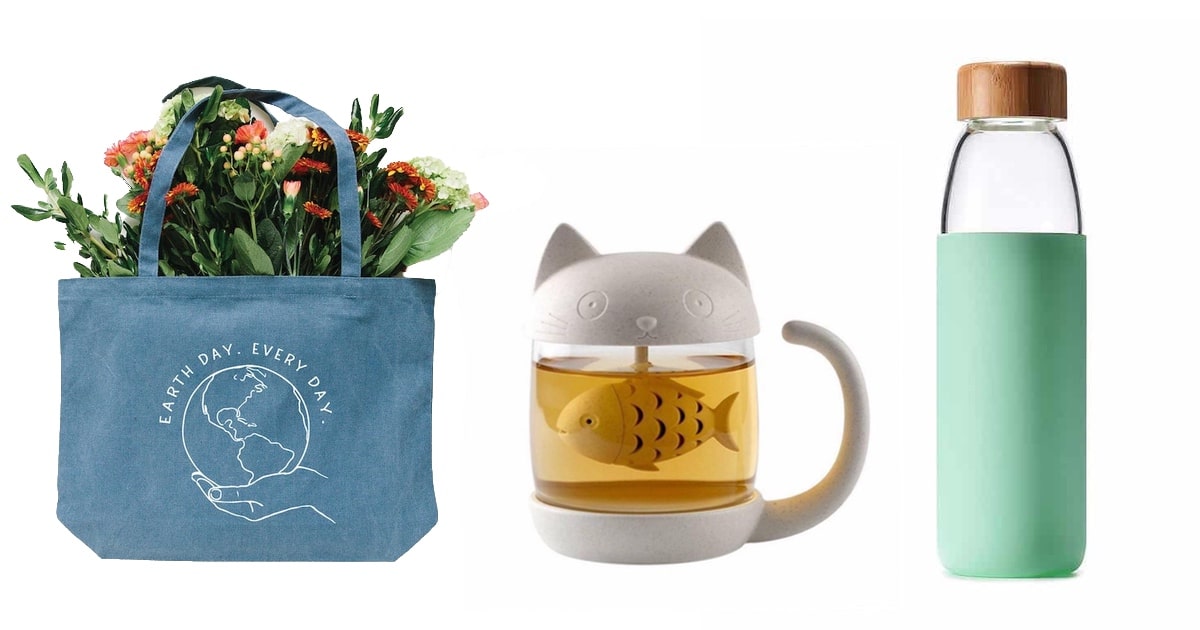The fashion industry has long been associated with glamour, creativity, and innovation. However, it is also one of the most resource-intensive and polluting industries in the world. In recent years, there has been a growing emphasis on sustainability within the fashion industry, with brands and consumers alike recognizing the need for change. This article explores the positive effects of sustainability in the fashion industry, highlighting its transformative power and the benefits it brings to the environment, society, and the industry itself.
- Environmental Benefits:
Sustainability in the fashion industry has a profound positive impact on the environment. By adopting sustainable practices, such as using organic and recycled materials, reducing water and energy consumption, and minimizing waste, fashion brands can significantly reduce their carbon footprint. This not only helps combat climate change but also preserves natural resources and protects ecosystems. Moreover, sustainable fashion encourages the use of non-toxic dyes and chemicals, reducing pollution and promoting a healthier environment for both workers and consumers. - Social Benefits:
Sustainability in the fashion industry also brings numerous social benefits. One of the key aspects is the improvement of working conditions and labor rights. Sustainable fashion brands prioritize fair wages, safe working environments, and ethical labor practices, ensuring the well-being and dignity of workers throughout the supply chain. Additionally, sustainability promotes inclusivity and diversity, embracing different cultures, body types, and identities. By doing so, the industry becomes more representative and empowers individuals from all walks of life. - Economic Benefits:
Contrary to the misconception that sustainability is costly, it actually brings significant economic benefits to the fashion industry. Consumers are increasingly demanding sustainable products, and brands that align with these values gain a competitive edge. By adopting sustainable practices, fashion brands can enhance their brand reputation, attract a wider customer base, and foster long-term customer loyalty. Furthermore, sustainability encourages innovation and creativity, driving the development of new materials, technologies, and business models. This creates new opportunities for entrepreneurs and stimulates economic growth within the industry. - Cultural Benefits:
Sustainability in the fashion industry has the power to shape cultural norms and values. By promoting conscious consumption and encouraging a shift towards quality over quantity, sustainable fashion challenges the prevailing fast fashion culture. It encourages consumers to make more informed choices, value craftsmanship, and appreciate the stories behind their garments. This shift in mindset fosters a deeper connection between consumers and their clothing, promoting a more sustainable and mindful approach to fashion.
Conclusion:
The positive effects of sustainability in the fashion industry are far-reaching and transformative. From environmental benefits to social progress, economic growth, and cultural change, sustainability is reshaping the industry for the better. By embracing sustainable practices, fashion brands can not only reduce their environmental impact but also contribute to a more equitable and inclusive society. As consumers, we have the power to drive this change by supporting sustainable brands and making conscious choices. Together, we can create a fashion industry that is not only stylish but also sustainable and responsible.




+ There are no comments
Add yours